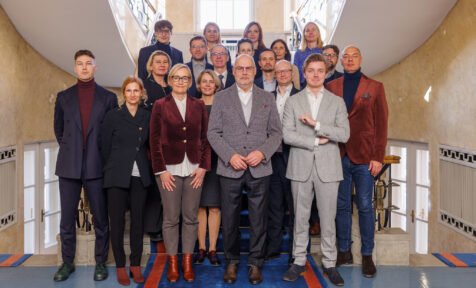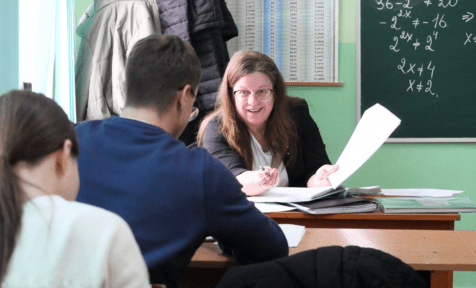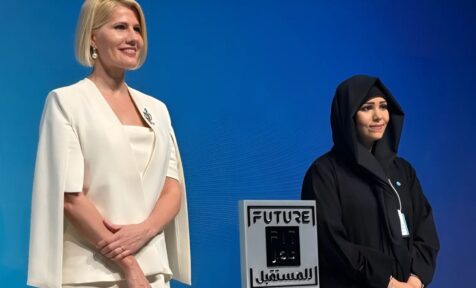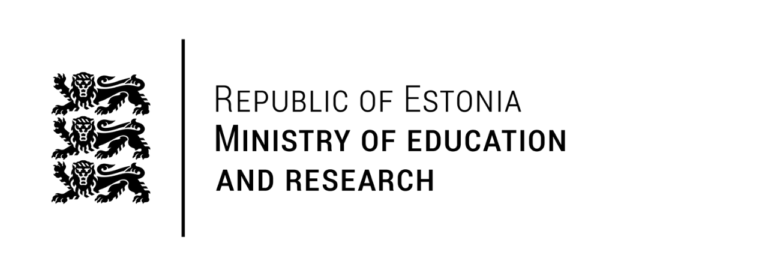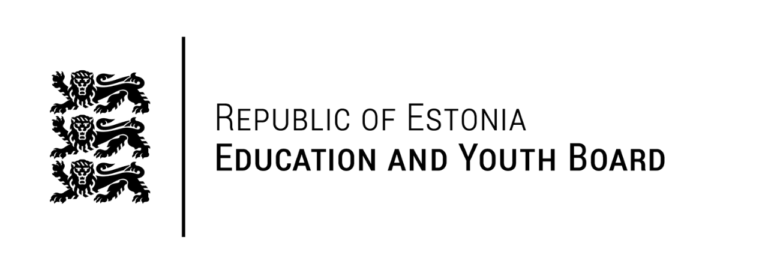In Estonia, kindergartens are integral to early childhood education, reflecting the country’s commitment to high educational standards. These institutions are supported by robust frameworks that facilitate the development of essential skills in young children, as evidenced by the strong performance of Estonian students in assessments like PISA.
Each Estonian kindergarten follows a national curriculum that emphasizes learning through play, covering key areas like language, math, and social skills. Teachers in these institutions are highly qualified, often holding at least a bachelor’s degree, which enables them to provide personalised and effective education. Consequently, this framework not only supports traditional academic learning but also grants educators the freedom to innovate and incorporate additional essential skills vital for young children’s comprehensive development.
First aid skills for preschoolers
Using this flexibility, Tallinn’s Meelespea Kindergarten shows how kindergartens can extend beyond conventional subjects. The kindergarten has introduced a comprehensive first aid programme, teaching preschoolers crucial emergency management skills.
The initiative includes specially designed “teaching suitcases” with interactive materials like situation cards, videos, and worksheets. Margit Pärn, a medic and educator who led the development of the programme, emphasized the inclusivity of the initiative, “We teach children that no matter how small you are, it’s important to notice those in need and do everything you can to help. A young child who has gone through our programme can save a life if needed.”
Previously, innovative teaching suitcases based on this new methodology were distributed to all kindergartens in Tallinn. Additionally, 70 teaching kits were sent to kindergartens in Ukraine, showcasing the program’s broad reach.
Global impact and collaboration
The first aid initiative at Meelespea Kindergarten is part of a broader international effort under the Erasmus+ program. “This is a truly unique value-education project born in Estonia,” explained Kristina Märks, kindergarten director. “Besides teaching first aid, an even more important aspect is the value education part, where we teach both children and adults that we all have only one life, which is the most precious of all treasures.”
The materials created for this programme are available in seven languages and have been shared with kindergartens in Ukraine and other countries. Kristina Märks explained, “We’ve created an international and multilingual web-based first aid teaching material collection, accessible in English, Estonian, Norwegian, Bulgarian, Macedonian, Romanian, and Ukrainian. This collection includes various situation cards, videos, worksheets, and tools for conducting practical activities.”
By weaving essential life skills into the fabric of their curriculum, kindergartens ensure that children are ready to face academic and real-world challenges. Given this strong foundation, it’s no surprise that Estonia considers robust early education a cornerstone of its educational system.
For educators interested in utilizing these innovative resources, all the materials from this first aid project are publicly available.
This article has used materials originally published in Pealinn.
